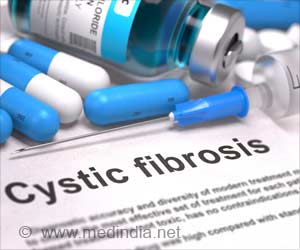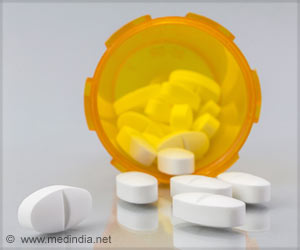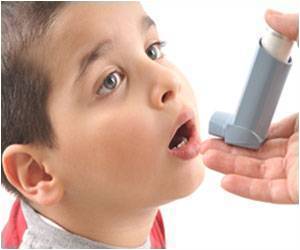When gene therapy was used to restore the decreased adiponectin levels in obese mice, it was seen that the obese mouse were less vulnerable to developing ARDS.
Acute respiratory distress syndrome (ARDS) is the sudden failure of the respiratory system. Researchers at Thomas Jefferson University have revealed a mechanism that appears to explain why obesity predisposes to developing ARDS, thus discovering a novel strategy for preventing ARDS in obese individuals.
Thomas Jefferson University's Ross Summer said, "Although our work needs to be confirmed in humans, the studies in animals suggest that obese patients with ARDS may have a biologically different disease than their non-obese counterparts and the research could point to a new therapeutic avenue for these patients. While immune activation is usually protective and beneficial in the body, in the case of ARDS, the immune system acts like a runaway train, gaining speed and momentum as it goes, without the breaks that would normally slow it down and keep it from causing too much damage in the body. Inflammation together with fluid build-up cause the lungs lose their ability to exchange oxygen and carbon dioxide, and can lead to death."
The research team used gene therapy techniques to restore the decreased adiponectin levels in obese mice and found that by replacing this hormone obese mouse were less vulnerable to developing ARDS.
Summer said, "It's unclear whether adiponectin acts directly on the blood vessels of the lung. It is possible that this hormone initiates other protective and anti-inflammatory signals that prevent the loss of junction proteins and the increase of the immune adhesion proteins. Although drugs which can increase adiponectin levels already exist, the first step, is to confirm that low adiponectin levels are linked to higher rates of ARDS in humans. However, if this association proves to be true, adiponectin replacement therapy may be an easy way to prevent ARDS in at-risk individuals."
The study appears online in the
Scientific Reports.Source-ANI
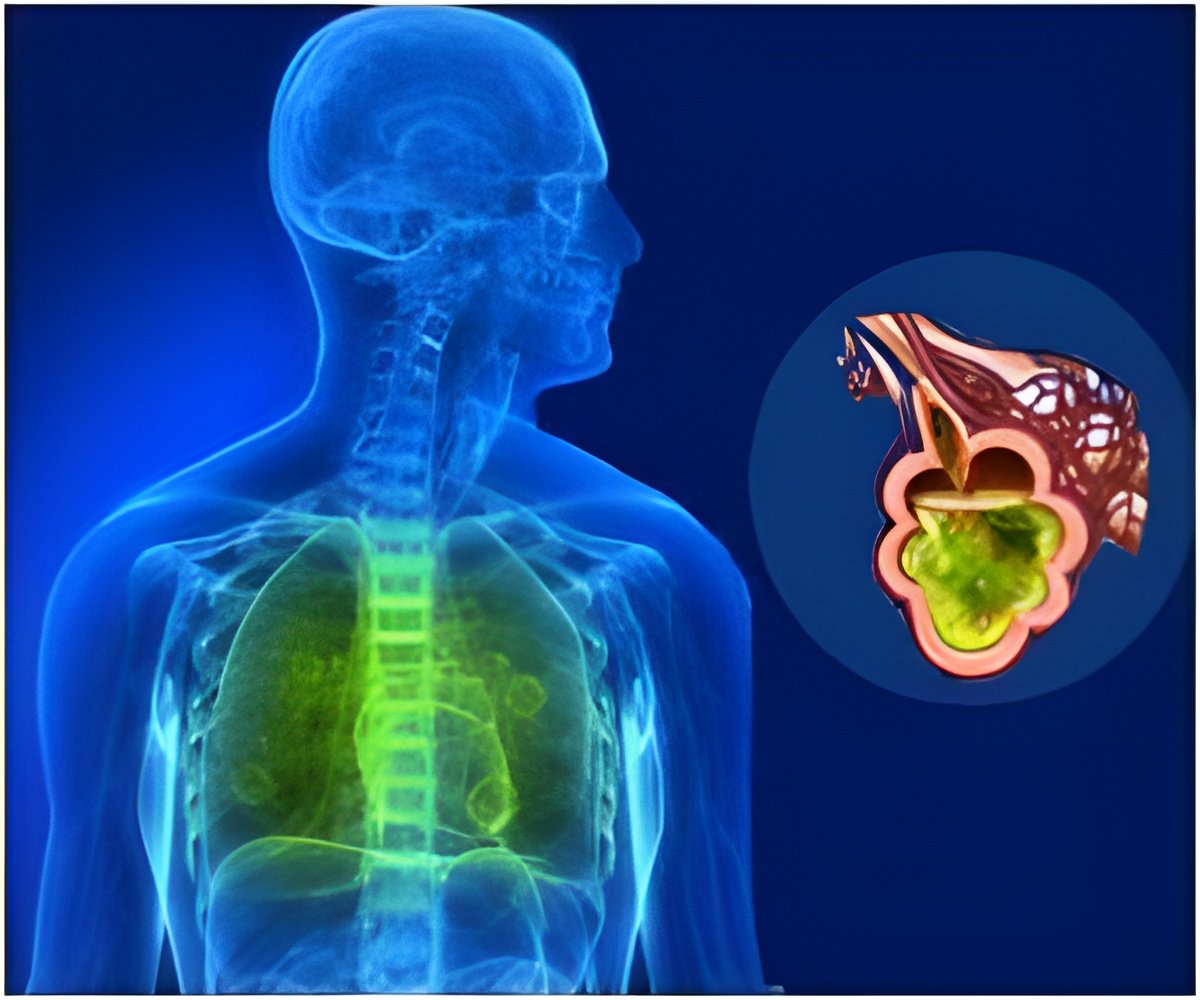
 MEDINDIA
MEDINDIA
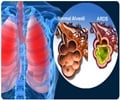


 Email
Email


